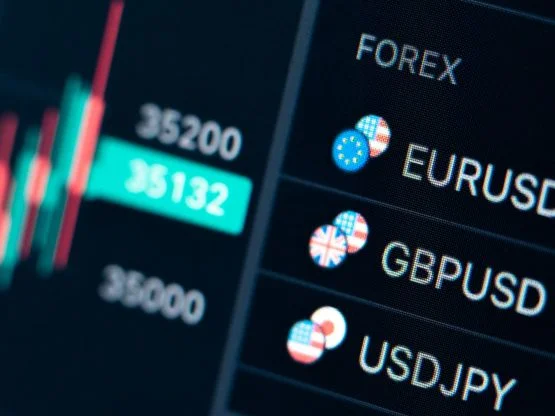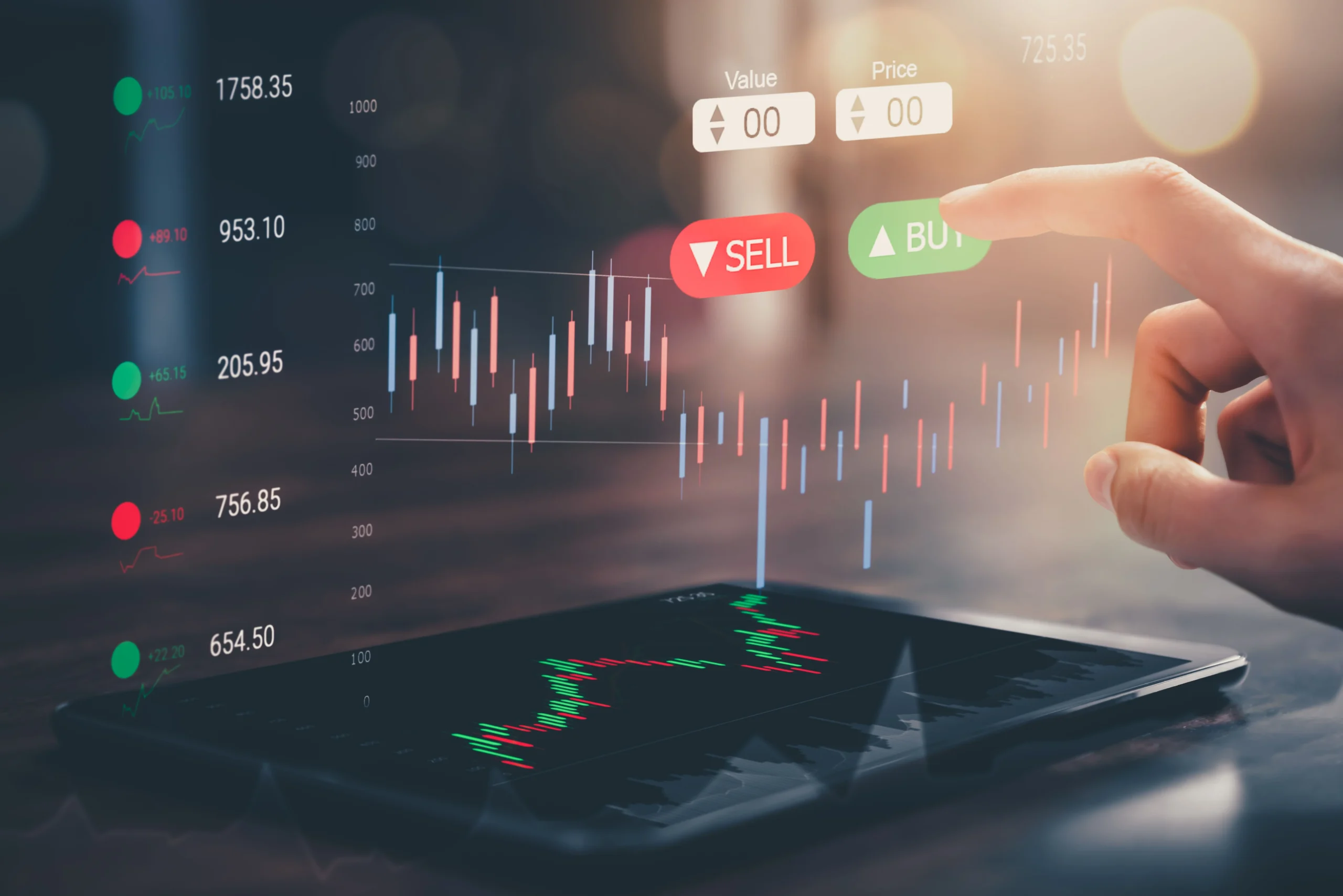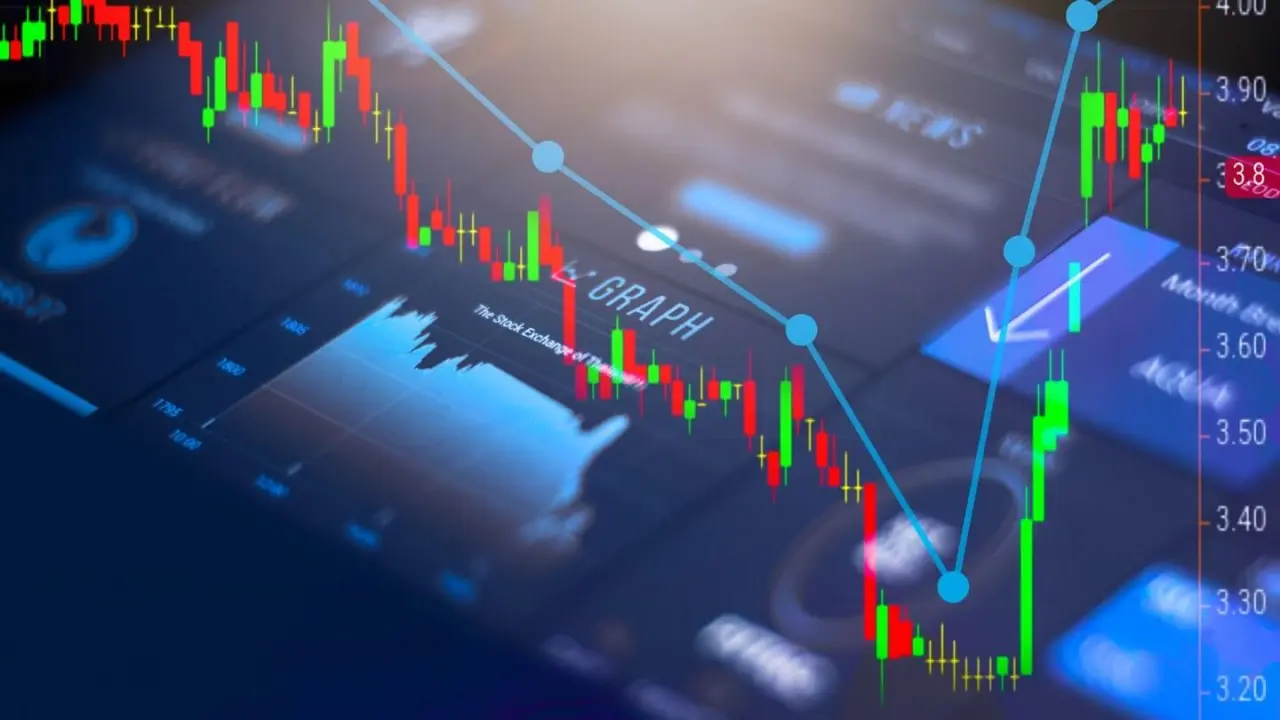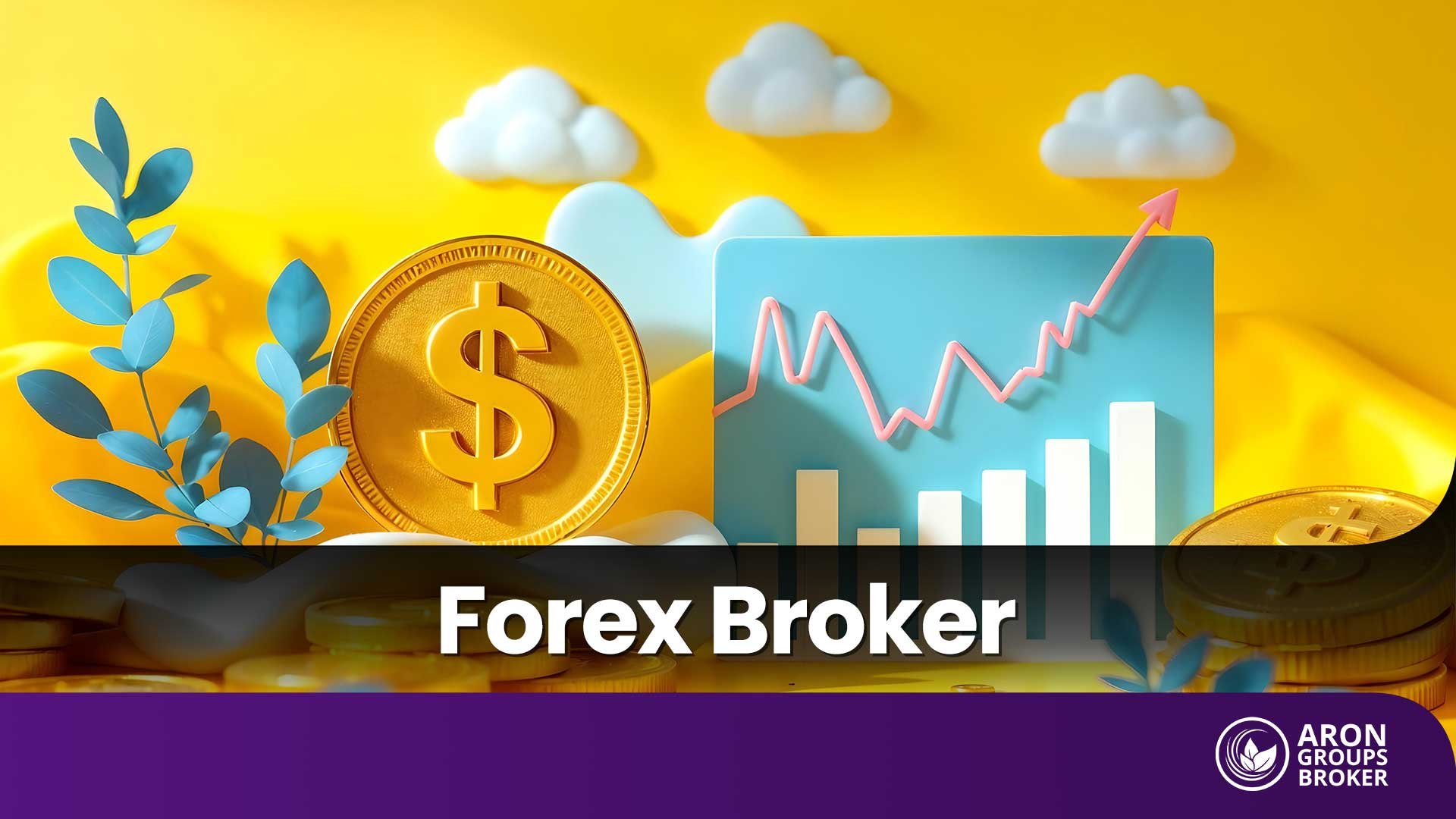20 Forex myths busted, know the truth behind trading Forex
If you are new to the forex market or you have previously dabbled in it, you know that there’s a lot of information about this market available on the internet. However, information and misinformation about forex trading are often mixed on the internet, just as there are many truths and misconceptions about many other industries. Hence, it’s not always easy to know if the information you’re reading is correct.
These inconsistencies can obstruct novice traders’ ability to learn and cause them to take more risks than necessary. As a result, it’s best to be aware right away that there are a lot of forex myths floating around. The following are our picks of the top 20 dangerous forex market myths that must be debunked.
1- Forex is an easy game
One of the most common forex myths believed by many newbie traders is that trading the forex market is simple. In fact, it could not be further from the truth. Making a profit by trading currencies can be one of the most demanding professional endeavours a person can undertake.
Opening and downloading software to begin trading is a relatively simple task; however, succeeding and consistently making money in the forex market is an entirely different story.
While some traders are naturally gifted and learn quickly, novice traders should invest time and effort in practicing and developing strategies that they can later implement after testing them in a forex demo account.
Some people believe trading in the forex market is simply because some unscrupulous gurus and forex brokers use a marketing strategy that implies money can be made easily once you’ve opened and funded your live trading account.
Even if a trader has correctly predicted the direction of the exchange rate, the inherent volatility in currency pairs can make trading challenging. To put it another way, just because a trader correctly predicted which way the exchange rate would go in a given time frame does not mean the currency pair will not trade significantly in the opposite direction.
2- You can make a quick buck in Forex
The foreign exchange has grown quickly as a result of “Get Rich Quick” advertising. This has attracted a large group of people looking to make easy bucks. Unfortunately, this is rarely the case.
Trading demands patience, and there is no guarantee of a profitable result.
Traders do not make a profit and then stop traders; instead, they make trade after trade, even if there are time gaps. Trading, therefore, necessitates steadiness rather than a gambling-like approach.
3- Forex is good for short time traders
Short-term forex trading has gotten popular due to high leverage, but this is not the only way to do it. Fundamental factors drive long-term currency trends, and these long-term trends can be traded. Long-term traders are less concerned with the market’s daily moves and focus on the larger trend.
Some traders prefer using a longer-term time frame because it reduces the number of spreads paid, and traders are more likely to avoid short-term compulsion trades.
Currencies can also be used to diversify or hedge your buy-and-hold investment portfolios.
4- The market is crooked
Losing traders frequently blame their losses on a rigged market or a dishonest broker. While it is a common myth, Forex is not a con. While fraud does occur, this does not imply that the market is illegitimate.
In fact, the forex market is the world’s largest financial market, with hundreds of thousands of transactions per day. As a result, if someone takes a non-businesslike approach to trading, one of the other knowledgeable participants will most likely notice; this is the way of all markets.
5- Brokers make money trading against users
Basically, this statement is both accurate and false, depending on the broker model. When a trade in the forex market is executed, another party must execute the exact opposite trade simultaneously.
Some brokers will place your order with another broker; however, if the other broker is not available to execute the trade, your broker will most likely take the other side and offset their risk with another party later to reduce their risk.
Remember that forex brokers typically profit from trading the buy/sell spread, which means they can buy on the bid and sell on the offer while keeping the spread difference.
6- You cannot time your trades
This statement is commonly spread by advisors who have a financial incentive to sell you market-related products because that is how they make a living.
The reality of forex trading, on the other hand, is that a trader with a sound trading strategy can time the market using their technical or fundamental trading strategy.
Another reason that vested-interest fund managers and advisors claim that you cannot time forex trades is that they, too, have difficulty timing trades because they manage large positions and can move the market by trading even a small portion of their assets.
7- Forex requires a large capital
Surprisingly, this is one of the more modern-day Forex trading legends that used to be more prevalent. Back when online forex trading was not available, retail forex traders had little access to the Interbank forex market unless they were very high net worth individuals with the ability to trade amounts greater than a million dollars and were creditworthy enough to be granted a credit line by a financial institution.
With the introduction of online forex brokers, forex trading is now accessible to almost anyone with a modern computer, internet connection, and little money to risk.
8- You can win every time
Losses happen and attempting to find a strategy that is perfect every time will either keep a trader on the sidelines indefinitely or bring them into the market with an over-optimized strategy that will not adapt to changing conditions.
Accepting that losses will happen eventually and devising a slightly advantageous strategy in market conditions is sufficient to generate positive returns.
9- Trade the news to win
People salivate with thoughts of quick money when they see a currency move after a high-impact news announcement like the recent Ukraine-Russia conflict.
However, trading on news events in real-time can be extremely difficult. The charts don’t show that there is often no liquidity for much of the movement that occurs in the first few moments after the announcement, which means traders can’t get into a profitable trade once it begins or close a losing trade once it has started.
Although a trade can be set up just before an announcement is actually made (provided you have a legal way of knowing or predicting the news), execution necessitates a thorough examination of the statistics to determine the likely impact on the market. Because other traders are gauging the same indicators, this analysis must be done instantly. As a result, trading news necessitates a systematic approach, and easy money is rarely found.
10- Trade more to earn more
While it can be soothing to believe that if a trader makes money once a day, they can make a hundred times as much trading a hundred times a day, this is seldom the case.
Most traders benefit from trading less and concentrating on just a few currency pairs that they know best. Unless a trader is skilled enough and focuses on scalping strategies, the majority of traders will benefit from being patient, concentrating on something they are familiar with, and waiting for the best opportunities—few as they may be.
11- Higher leverage is always better
Trading forex on margin entails a significant amount of risk. A good trader understands that the higher the leverage, the higher the risk because the trades’ multiplicative effect is greater. Trading with lower leverage reduces the risk of losing all of your money, whereas trading with high leverage can result in significant losses that even exceed your initial investment.
While it is true that you can get lucky and have higher leverage work in your favour, the reality is that it can also work against you. Why would you take such a risk?
12- It’s a predictable market
Trying to predict the future can be a trader’s downfall, despite the fact that this is what most beginners attempt or at least want to do. Predicting can make you blind because it creates a psychological bias toward a position and interferes with our ability to make rational decisions. Traders must be nimble, follow a system, and replace losing trades with winning trades.
13- It’s an unpredictable market
While the fluctuating movements observed in Forex and other financial markets have been theoretically modelled using something called a “random walk” by statisticians, which could be compared to a drunk person strolling, the fact remains that the exchange rate of currency pairs can often exhibit trending behavior that is far from random.
13- It’s an unpredictable market
While the fluctuating movements observed in Forex and other financial markets have been theoretically modelled using something called a “random walk” by statisticians, which could be compared to a drunk person strolling, the fact remains that the exchange rate of currency pairs can often exhibit trending behavior that is far from random.
In fact, one of the most crucial trading facts used by forex traders who employ technical analysis is the existence of such non-random trends. The well-known financial market trading proverb “The trend is your friend” teaches us that trading with the current market trend can help you make more money.
14- You need a degree to trade
If you’ve ever worked or visited a professional foreign exchange trading floor, even at the most prestigious financial institutions, you know this myth isn’t entirely true.
One of the more intriguing aspects of currency trading is that many professional traders do not necessarily have advanced degrees in the field.
Furthermore, it appears that a bright person working in a low-paying job at a farmer’s market or a bookie may be far better at trading currencies than a highly analytical person with a Ph.D. in economics from one of the world’s top universities.
15- Complex strategies are more profitable
Traders frequently start with a simple strategy and earn a small profit. They then assume that by tweaking their system and adding a few more variables, they will be able to increase their profits. Normally, this is not the case.
Rather than focusing on simple factors like price movement (which is the most important factor in making a profit) and whether the market is trending or ranging, the trader tries to pinpoint exact reversal points and place more trades.
16- Success comes from trades, not asset management
Even the best traders only come out on top slightly more than they lose to make a profit in trading. As a result, if a strategy is profitable, stick with it and don’t change it; instead, concentrate on money management.
Once a trader has developed some skill in getting consistent returns, money management is arguably the most critical factor in determining success. Money management is more than just placing a stop order on trades; it also refers to the total amount that will be risked on each trade (generally, less than 1 percent ).
In money management, you should consider:
- How many trades can you have open at the same time?
- Is it necessary to hedge multiple positions if they are open, or can they be highly correlated?
A trader can take their game to the next level by focusing on money management. Even with the best strategy, ignoring money management spells doom.
17- Follow what winners are doing, and you’ll be set
There are many guides on how to trade, what to trade, and when to trade floating around. However, the trader’s money is actually in play, and they will be the sole beneficiary of profits and losses. Consequently, traders should make every effort to improve their skills and reach their conclusions rather than relying solely on the advice of others.
Professional traders with lots of experience can help new (or other experienced) traders a lot, but all information should be filtered and double-checked before acting on it. Because no one else has a vested interest in the account’s profitability except the trader, the trader should provide the most input.
18- You need to sit behind the computer 24/7
No trader can reasonably be expected to monitor a market 24 hours a day, seven days a week. The fact that the forex market trades 24 hours a day from the Australian market, open on Sunday afternoon until the US market closes on Friday afternoon, probably contributed to common forex trading misconceptions like this one.
Most professional forex traders deal with the forex market’s 24 hour trading hours by either closing positions at the end of their trading day or leaving orders with a forex broker or a fellow trader working at a different branch of their financial institution in a different time zone to monitor.
19- It’s like gambling
A typical forex misunderstanding is that trading forex is the same as gambling at a casino.
While forex trading does have speculative elements because it involves putting money at risk, it also has a strategic component that sets it apart from gambling.
Furthermore, using well-established market analysis methods like technical and fundamental analysis can significantly improve your odds of winning as a forex trader, so it pays to become well-versed in these techniques.
Essentially, while you can navigate your way in the forex market blindly like a novice gambler, if you genuinely want to be a successful forex trader, you must learn to take strategic risks rather than blind ones.
20 – There’s a “best strategy.”
Many people believe they can find one-of-a-kind or “magic” strategy that will make them millions and keep them there. A quick Google search will turn up many strategies and systems that claim to be 100 percent accurate and ‘guaranteed’ to work. The truth is that every method has a disadvantage and is susceptible to occasional losses.
Every seasoned forex trader understands that profits are impossible to achieve without some level of risk. Successful traders are constantly changing and adapting their strategies to market conditions. Forex strategies cannot simply be expressed by a set of rules; they must be used with flexibility, making adjustments as needed in order to be truly profitable.
What can Arongroups do for you?
Aron Groups is a Forex Broker that can make scalp trading easier for you. You can deposit and withdraw easily and with no commission and wages, using Visa, Mastercard, PayPal, etc. You can also enjoy a 2% cashback by depositing USDT.
You can open up different accounts such as standard, VIP, Nano and Cash, and use the most up-to-date MT5 trading platform.
Aron Groups provides you with security and excellent customer service that any other broker cannot match.
To register with Aron Broker, Click Here, Or you can read about frequently asked questions here.
































